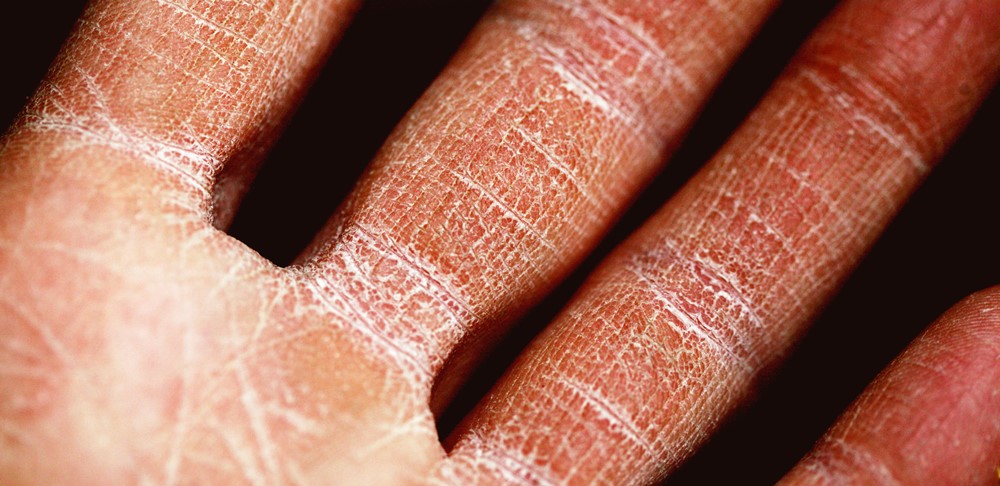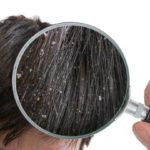Cure for Eczema – Do Scientists Work on It?
Eczema is a skin condition affecting about 31.6 million Americans or 10.7% of the population. Across the globe, the prevalence of eczema is at 21%. While there is no cure for the condition, it can be successfully managed. The exact causes of eczema are not known, but recent findings from a scientific research study revealed that a missing protein is responsible for the condition. By eliminating an important trigger, scientists are on the right track to find a cure by creating drugs for the skin condition.
Defining Eczema
Atopic dermatitis or eczema is a chronic condition characterized by itchy, deep red rashes on the skin. It can appear on the face, hands, legs, scalp, or feet. When eczema occurs, the upper layer of the epidermis loses its ability to act as a barrier to keep out germs, allergens, and irritants. Dry skin develops because the skin is not able to retain moisture.
Treatment and Management
Diagnosis of eczema is done by a doctor or dermatologist who evaluates the skin eruption. According to Temple Dermatology specialists, the most common causes of rashes include psoriasis, eczema, allergies, and acne. Symptoms of eczema such as itching and pain are treated by applying topical creams and prescribing antihistamines for relief. Keeping skin well-moisturized also helps in addition to using soap substitutes that are less harsh on the skin.
Eczema may be triggered by common household products such as upholstered furniture, carpets, or pets. To avoid flare-ups, it is recommended to keep humidity at comfortable levels to reduce the presence of molds, use filters to help indoor air stay clean & free from harmful particles, and wash bed linen in hot water.
Breakthrough in Eczema Research
Scientists have been looking for a possible cure for eczema. Recently, researchers at Newcastle University discovered that filaggrin, a protein might be responsible for eczema. Dr. Nick Reynolds who is a Professor of Dermatology at the university said, “We have shown for the first time that the loss of the filaggrin protein alone is sufficient to alter key proteins and pathways involved in triggering eczema. This research reinforces the importance of filaggrin deficiency leading to problems with the barrier function in the skin and predisposing someone to eczema.”
Their team simulated human skin that lacked filaggrin. It showed that without this protein, the skin became swollen, irritated, and spoiled. Based on this finding, researchers are going to develop drugs that will assist in protein production and ultimately, prevent the condition from occurring.
What this new development implies is that scientists are going to formulate a treatment for eczema and not merely manage its symptoms. Now, the root cause of the skin condition is identified, enabling researchers to find a cure. When this happens, eczema sufferers might soon find lasting relief for their skin problems.




























